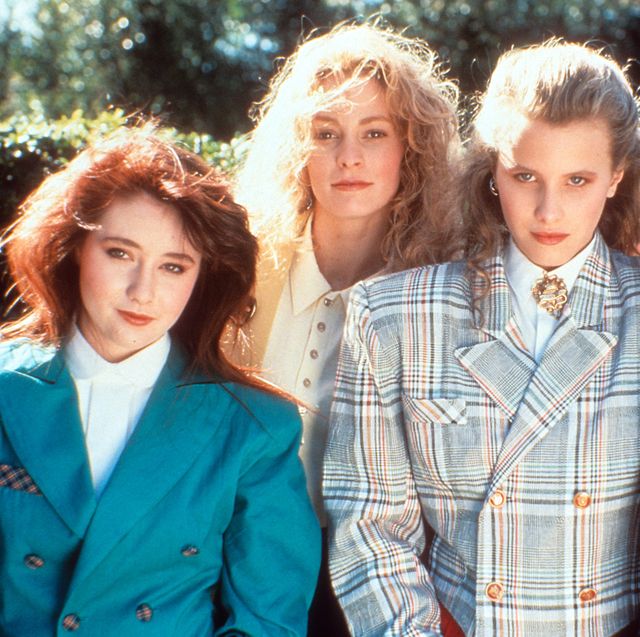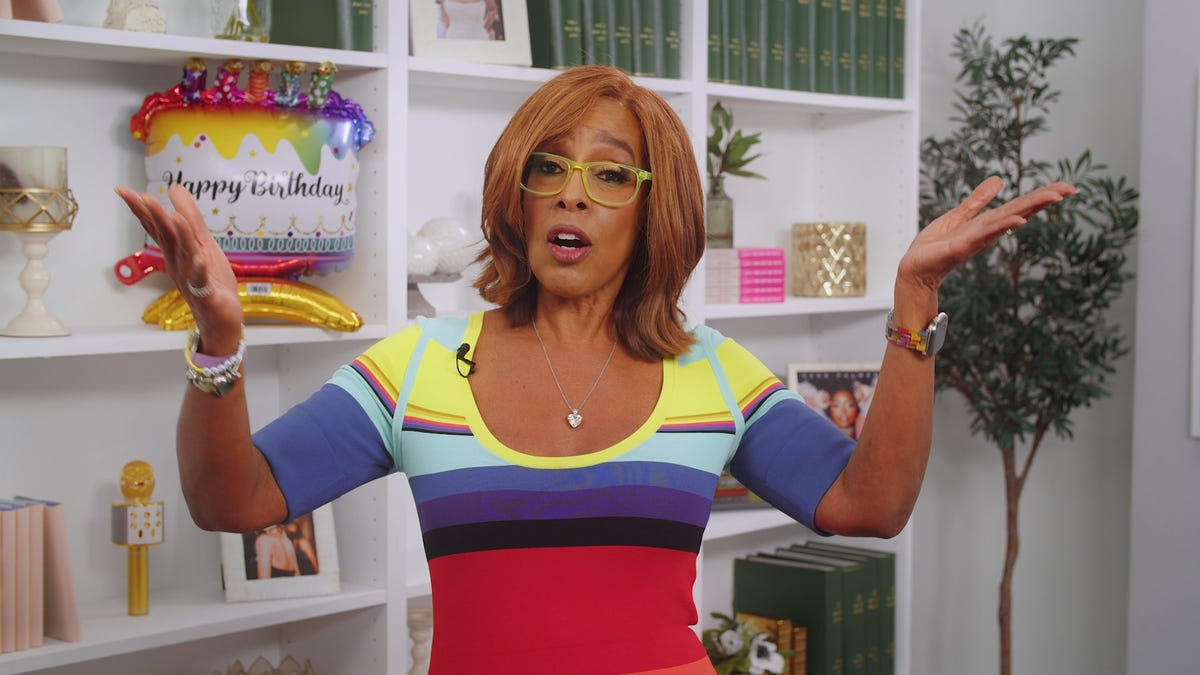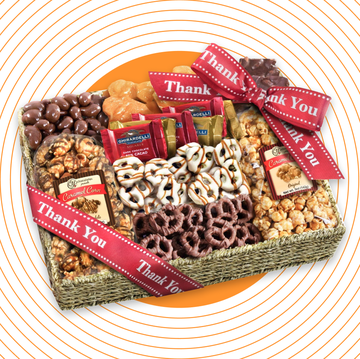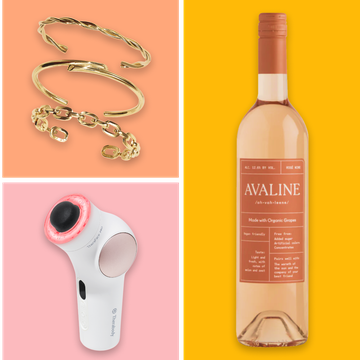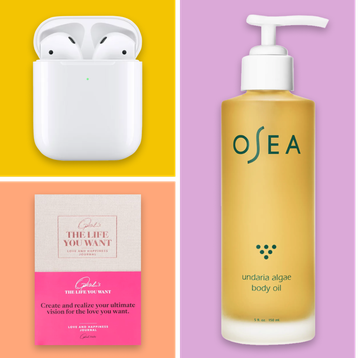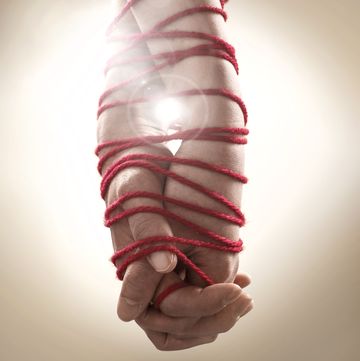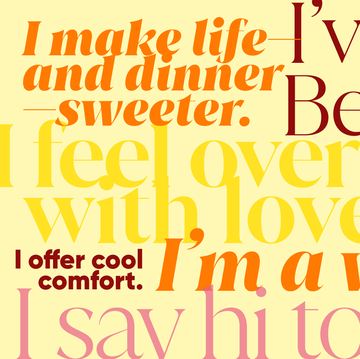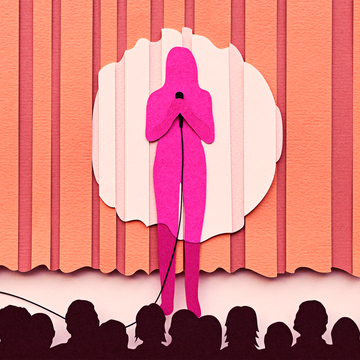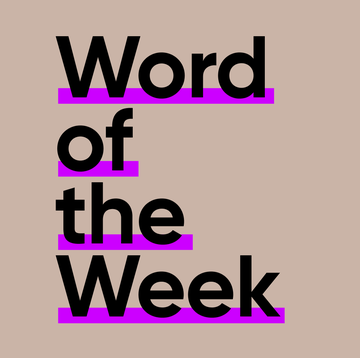What a blessing friendship can be. Studies have suggested that those with really solid friends live longer. Like all deep relationships, however, even your platonic ones are bound to have their shaky moments. But if those tiffs, or lingering feelings that you're not getting out as much as you're putting in, happen more often than not, your friendship could be unhealthy, or even toxic.
“Friendships can be protective and rewarding, nurturing and uplifting. If a friend has the opposite impact, we may want to reconsider our relationship and reconfigure that person’s role in our lives. It doesn’t mean you need to end the friendship altogether—maybe you still see them for social gatherings—but they shouldn't be who you turn to for emotional support," explains Dr. Jessica Nicolosi, New York-based clinical psychologist and owner of Prana Wellness.
Recognizing that you’re in the midst of a toxic friendship by evaluating the signs is the first step toward extricating yourself—a painful but necessary process. “As you get older, it’s important to evaluate your friendships. If they’re not healthy or serving a positive purpose, it’s time to phase those people out,” says Kris Perelmutter, author of Breakup Positive, noting that there's often fear and reluctance involved. “We feel guilty about cutting people off—maybe you've been friends since high school—but when we realize someone isn't supportive or an uplifting influence, you should reevaluate.” Here are the telltale signs it might be time to say goodbye.
They’re jealous.
Healthy competition between friends is normal, and can even be positive, spurring you to be your best self while examining where you can improve. But when it crosses a line into jealousy—including aggressive competition, one-upping, and excessive attempts at leveling the playing field by diminishing your accomplishments—things become less kosher.
“Good friends are like cheerleaders: they root you on and take pride in your success. However, when jealousy interferes with a friend's ability to be supportive, it can have detrimental effects on the friendship,” says Dr. Amanda Zayde, N.Y.C.-based licensed clinical psychologist. That’s not to say that good friends won’t have fleeting moments of jealousy—that's just life, "but they work to contain those emotions and express them appropriately, rather then through veiled insults or overt competitiveness," explains Dr. Zayde.
They make you feel insecure.
“If you're always walking away from them feeling down on yourself, or having to talk yourself into why that person is your friend, that person might not be right for you at this time,” says Fati Marie, California-based certified integrative holistic health coach at Encinitas’ Four Moons Spa. “Listen to your gut and start taking small steps back, away from any scenarios that might connect you two."
While, of course, some friends are simply honest-to-a-fault—which means you’ll occasionally face negative reactions that are tough to stomach—those same straightforward pals will also prove equally supportive and consistently build you up. Dr. Nicolosi stresses the importance of paying attention to internal cues. “Tune into your body. Do you feel weighed down, drained, and unsure of yourself? Listening to our inner voice is the best place to start.”
...And a sense of dread.
If your friend’s name popping up on your phone via text message or calendar appointment gives you a bad feeling, trust your intuition. “That little pit in your stomach knows what's up. You shouldn't feel dread about seeing friends, if you do, ask yourself why,” says motivational speaker and executive coach Colene Elridge of Be More Consulting.
You have to be careful around them.
Does it always feel like you’re walking on eggshells, afraid of saying or doing something that will make them fly off the handle? Classic sign.
“Close friendships involve valuing the thoughts and emotions of another person. If your friend becomes easily enraged and doesn't make an effort to see things from your perspective, you may want to consider whether the friendship feels healthy,” says Dr. Zayde.
They won’t stop criticizing you.
When a friend is always judging you, it can do a number on your self-esteem. Somebody who constantly belittles you and points out your flaws—we all have them!—might not have your best interests at heart. It’s important to draw boundaries and, as difficult as it can be, either stand up for yourself or back away.
“Toxic friends generally do not change,” says psychotherapist and anger management specialist Tyra Gardner, author of Black Brilliance. “What does change is how you treat them and whether or not you decide to keep these individuals in your life.”
All you do is talk about them.
An important part of friendship is give and take; sometimes you’re going to need some extra TLC, and sometimes they will. But if your friendship is consistently lopsided and solely focused on their needs (and we're not talking about when they're going through a particularly tough chapter, like divorce), there might be a problem. “If you notice that you’re always the one counseling, loaning, or saving in the relationship, then that friendship has the potential to be toxic,” says Christal D. Jordan, a relationship and women’s issues writer.
Sometimes gently pointing it out can help, as the friend might not recognize the issue. “A simple thing that you can do is to say, ‘Right now I just need someone to listen to me,’” says Perelmutter. “If the friend is capable of that, then keep them around." If not, well, you have a decision to make.
They're energy vampires.
Healthy relationships leave you feeling emotionally fulfilled. Not so with a toxic ones. “You’ll leave an interaction with a toxic friend feeling drained,” Elridge says. “This could be because of the drama they bring, or because of the heavy lifting you have to do with them without any reciprocal support.”
“Friendships should provide daily bouts of joy in your life. What a friendship should not bring in to your life is stress,” says Tammy Shaklee, relationship expert and founder of H4M Matchmaking. “It should not leave you feeling anxious, obsessed, or drained.”
You can’t trust them.
In any close relationship, trust is essential—this goes double for an established friendship. But if you have a confidant who you can't share important information with, trust could be an issue, Elridge says. “If you find yourself not being able to trust a friend—their intentions, their word, their confidentiality—check the status of your friendship.”
Everything is always super dramatic.
Of course, life is not without its ups and downs. It’s only normal that drama will pop up…but if a friend seems to thrive on that drama and is constantly sucking you into it, it may be cause for concern.
They keep trying to change you.
It’s a common scenario: that friend who just…won’t…stop offering feedback about everything from your dating profile to your eyeshadow, leaving you feeling as if you’re not good enough. It’s often hidden under the guise of caring and concern, which can make the barrage of “helpful” advice that much more toxic.
“Keep an eye out for friends like this, because sometimes they are putting you down so they can be the ones to lift you back up—and it turns into a never ending cycle of you feeling inadequate,” says Perelmutter, who advises an honest in-person discussion. “Tell them how bad their comments make you feel and one of two things will happen. Either they’ll apologize to you and change, or they’ll act like they have no idea what you're talking about—and you have to let the friendship go. No one needs anyone in their life who isn't supportive of them. Period.”
For more ways to live your best life plus all things Oprah, sign up for our newsletter!

Nadine Jolie Courtney is a lifestyle writer whose work has appeared in Town & Country, Robb Report, and Angeleno; a graduate of Barnard College, her fourth book, All-American Muslim Girl, was named a Kirkus Best Book of 2019. She lives in Santa Monica, California, where she posts too many photos of her daughter on Instagram.
